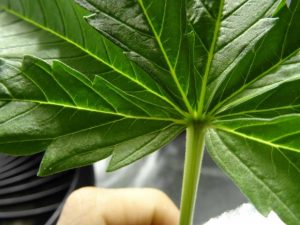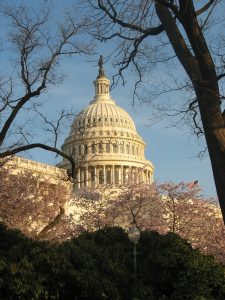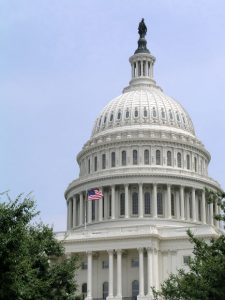Senator Pushes to Expand Marijuana Home Deliveries in California
Despite the passage of Proposition 64 that made recreational marijuana legal in California, there are still many residents of this state who do not have easy access to cannabis. State Sen. Ricardo Lara hopes to change that with Senate Bill 1302, which would give licensed cannabis businesses permission to deliver anywhere in the state.
While legalized possession and use of recreational marijuana throughout the state, it left a great deal of power to the local governments to dictate regulations and sales. As our marijuana business attorneys can explain, this meant even though citizens were allowed to carry and use cannabis, cities and counties had the right to ban various aspects of commercial cannabis activity, including sales.
While 57 percent of voters approved Prop. 64, local laws have made it so 75 percent of consumers cannot easily access marijuana, according to an article from SFGate. While it is important for local governments to maintain control over their jurisdictions, this disparity does not reflect the will of the people. A vast majority of Californians understand the benefits of cannabis. Many have seen its positive effects through medical use, which has been legal in California since 1996 through the Compassionate Use Act. Others have come to learn that it can be an alternative to alcohol in social situations, without many of the long-term health effects of drinking, particularly when it is consumed in ways other than smoking, such as edibles and vaping. This positive perception of the drug has led to big advancements in legislation. However some of the stigma of the past still lingers, causing local leaders to overly restrict out of fear and misunderstanding. Continue reading
 Cannabis Law Group's Medical Marijuana Legal Blog
Cannabis Law Group's Medical Marijuana Legal Blog





 federal officials to back off of prosecuting those selling, distributing, growing, or using marijuana, so long as the offenders were following state laws. The memo was issued to reconcile the federal
federal officials to back off of prosecuting those selling, distributing, growing, or using marijuana, so long as the offenders were following state laws. The memo was issued to reconcile the federal 




